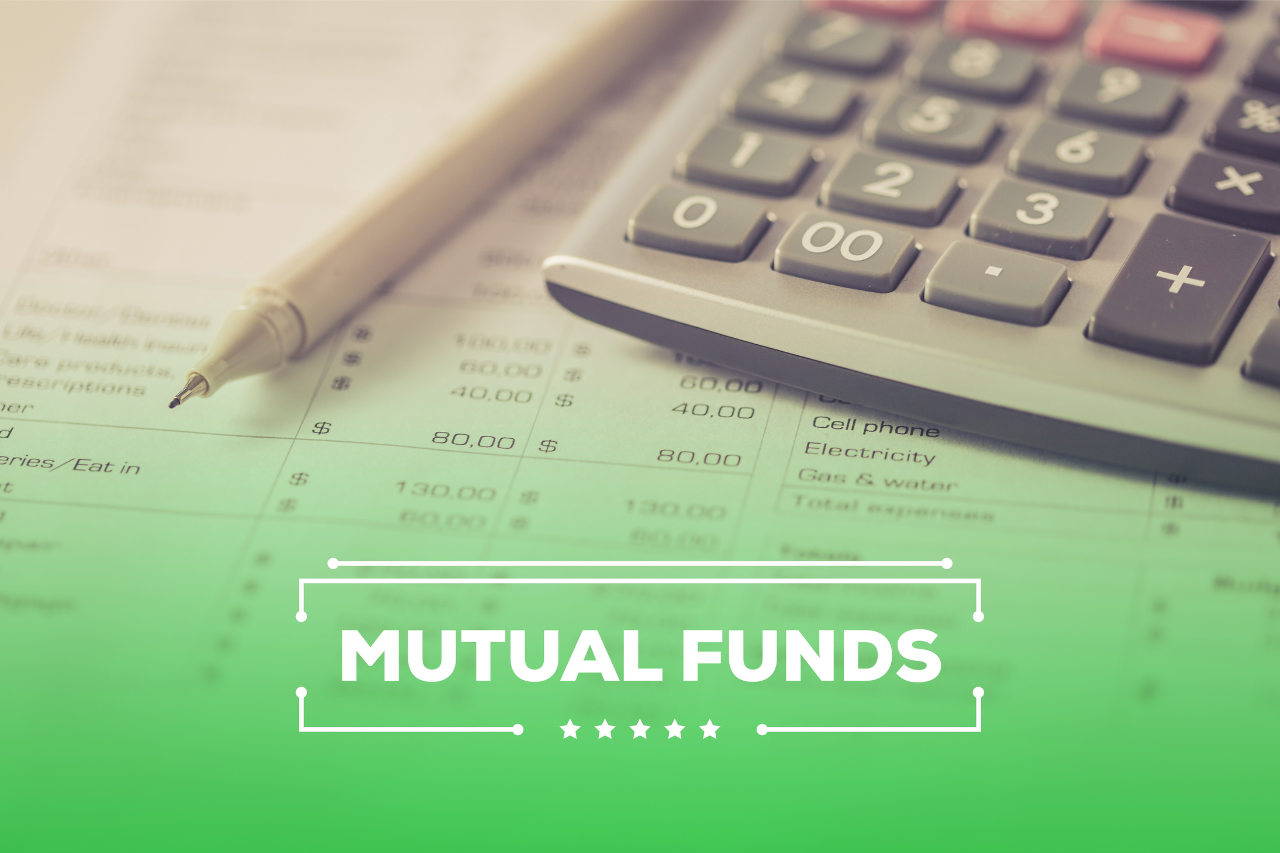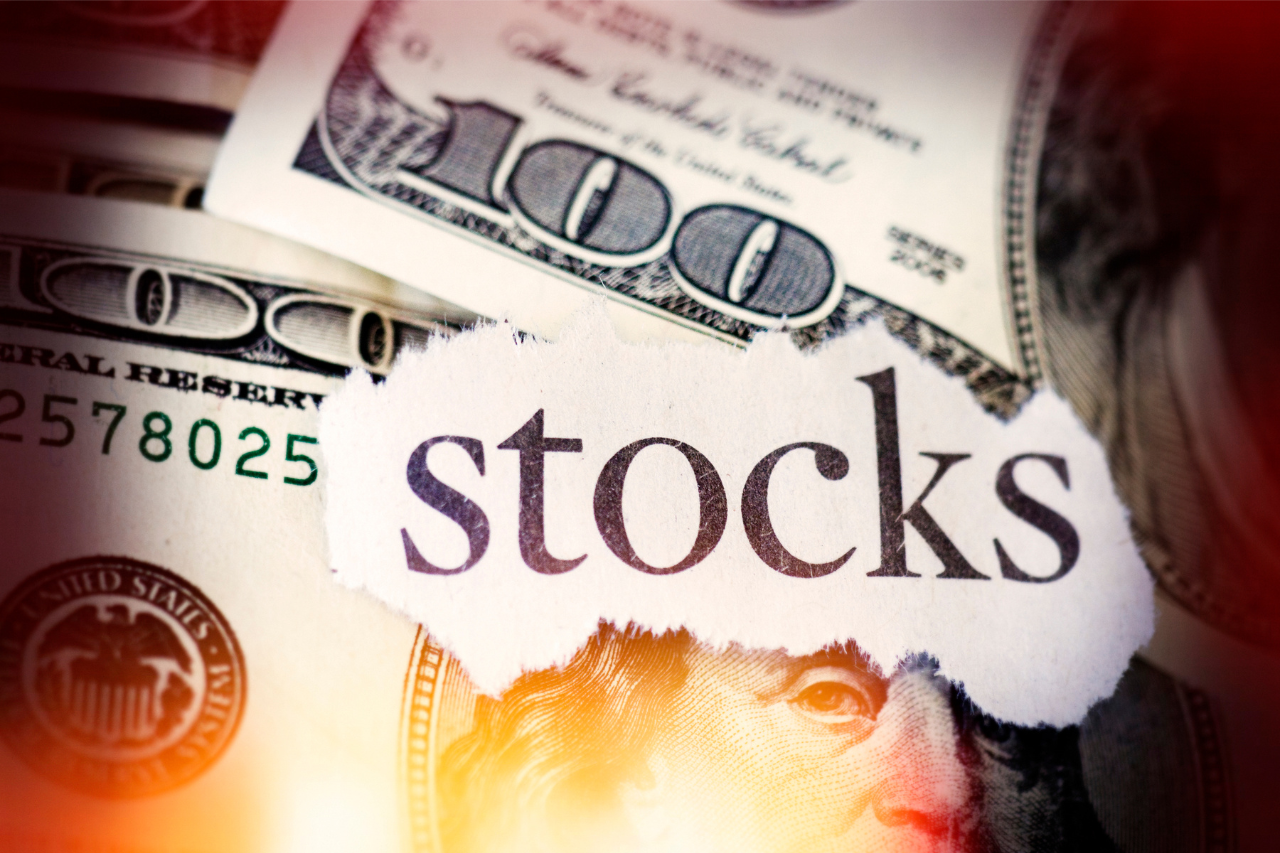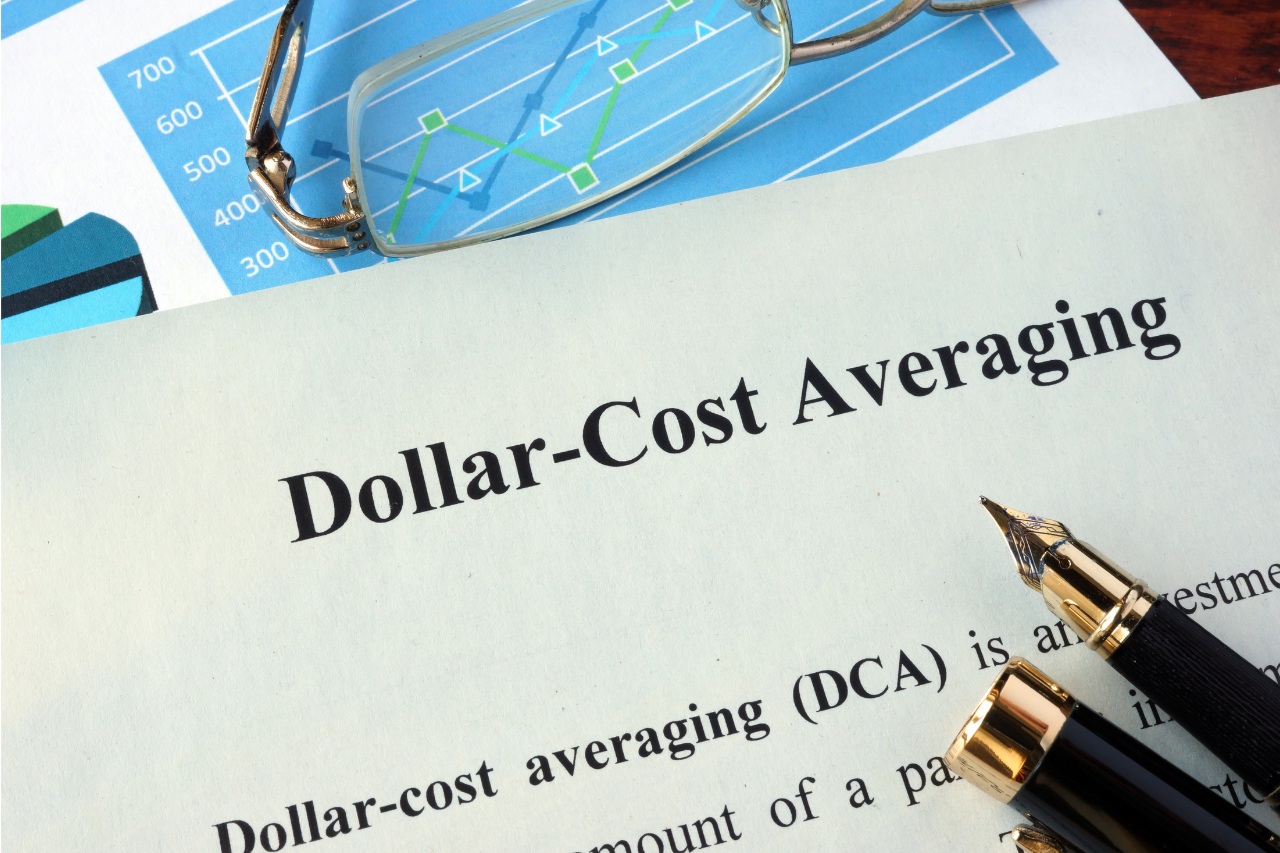
Definition of Economic Depression

Share:
Max Pockets Editorial Team
Economic Depression Definition
Economic depression is a severe and prolonged downturn in economic activity. In the United States, it is generally considered to be a period of significant economic decline marked by high unemployment, low production and investment, and declining prices.
Depressions are characterized by their length, as they typically last for several years. They are also typically associated with a sharp decrease in economic activity, as measured by Gross Domestic Product (GDP) and other indicators.
What causes Economic Depression?
There is no single cause of economic depression. Rather, it is generally caused by a combination of factors. Some of the most common causes include:
-A sharp decrease in demand for goods and services: This can be caused by a number of factors, including a decrease in consumer confidence, an increase in taxes, or a decrease in government spending.
-An increase in the supply of goods and services: This can be caused by an increase in production (due to new technology or an increase in the labor force), or a decrease in demand for goods and services (due to a recession).
-A decrease in the money supply: This can be caused by a number of factors, including a decrease in government spending, an increase in taxes, or a decrease in lending by banks.
-An increase in interest rates: This can make borrowing more expensive and can lead to a decrease in investment and spending.
What are the effects of economic depression?
Economic depression can have a number of different effects, both on individuals and on the economy as a whole.
Some of the most common effects include:
-A decrease in GDP: This is the most obvious effect of economic depression, as GDP represents the total value of all goods and services produced in an economy.
-An increase in unemployment: This is caused by a decrease in demand for labor, as businesses cut back on production.
-A decrease in investment: This is caused by a combination of factors, including a decrease in consumer confidence and an increase in interest rates.
-A decrease in consumption: This is caused by a combination of factors, including a decrease in disposable income and an increase in unemployment.
-An increase in poverty: This is caused by a number of factors, including a decrease in GDP, an increase in unemployment, and a decrease in consumption.
Example of a Depression
The Great Depression was the worst economic downturn in the history of the industrialized world. It began in the United States but quickly spread to other countries. The depression lasted from 1929 to 1939 and was characterized by a sharp decrease in output, employment, and trade.
In the United States, GDP fell by more than 25%, unemployment rose to a peak of 25%, and prices fell by more than 10%. In other countries, the effects were even worse. GDP in Germany fell by 30%, while unemployment rose to 33%.
The Great Depression was caused by a number of factors, including the stock market crash of 1929, the collapse of the banking system, and the failure of key businesses. The depression had a profound impact on the lives of ordinary people, as well as on the economy. It led to a decrease in consumption and investment, as well as an increase in poverty and unemployment.
What is the difference between Depression and a Recession?
The main difference between depression and recession is their respective lengths. Depression is a prolonged downturn in economic activity, typically lasting for several years. A recession, on the other hand, is a shorter period of economic decline, typically lasting for only a few months.
Another key difference is their respective impacts on the economy. Depressions are typically associated with a sharp decrease in economic activity, as measured by Gross Domestic Product (GDP) and other indicators. Recessions, while still characterized by a decline in economic activity, are not typically associated with such a sharp decrease.
Finally, depressions are usually caused by a combination of factors, while recessions are typically caused by a single factor (such as a decrease in consumer confidence).
In summary, depression is a prolonged and severe downturn in economic activity, while recession is a shorter and less severe decline. Depression is typically characterized by a sharp decrease in GDP, while recession is typically characterized by a more gradual decline. Finally, depressions are usually caused by a combination of factors, while recessions are typically caused by a single factor.
Most Popular


Unveiling the Secrets: What Are Stocks?

Unlocking Financial Success: Accumulate Wealth

Mastering Dollar Cost Averaging: A Complete Guide
Subscribe To Our Weekly Newsletter
No spam, great information to grow your Money!
Categories
Related Posts

Building Wealth: Mutual Funds vs ETFs
Share: Optimize your strategy by comparing Mutual Funds and Exchange-Traded Funds. Deciding whether to buy an ETF or a mutual fund can be a tough

Unveiling the Secrets: What Are Stocks?
Share: Facebook Twitter Pinterest LinkedIn What Are Stocks? A stock is a type of security that signifies ownership in a corporation and represents a claim

Unlocking Financial Success: Accumulate Wealth
Share: Facebook Twitter Pinterest LinkedIn Are you looking for ways to grow your wealth safely? Are you looking for wealth building investments that can help

Mastering Dollar Cost Averaging: A Complete Guide
Share: Facebook Twitter Pinterest LinkedIn What Is Dollar-Cost Averaging? Dollar-cost averaging is an investing technique in which an investor purchases a fixed dollar amount of